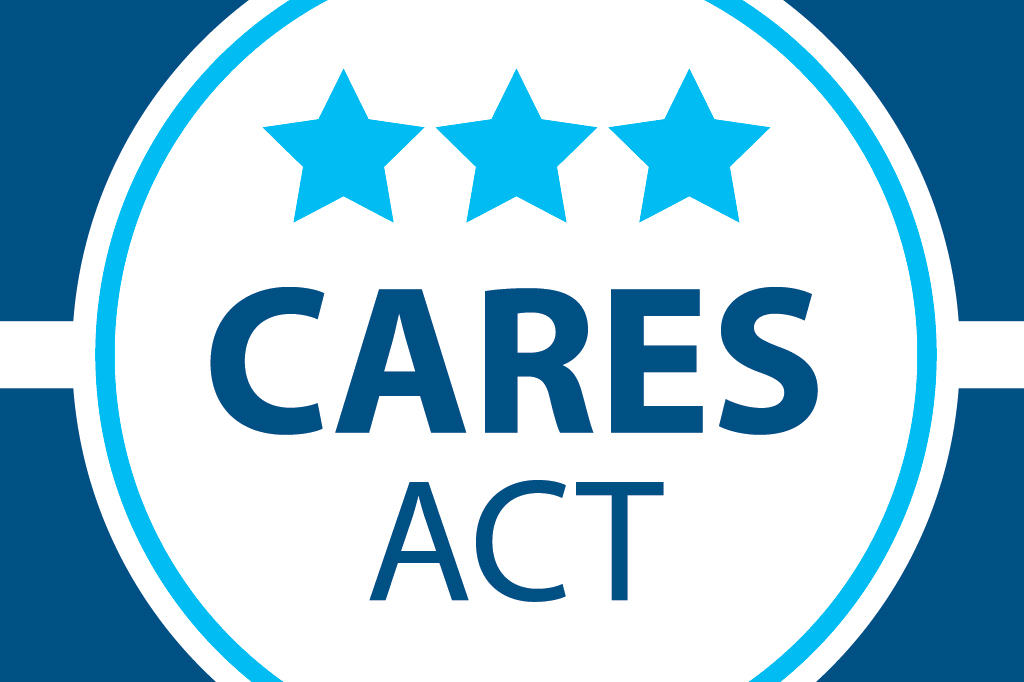At Chehardy Sherman Williams, we are tracking the effects of the COVID-19 crisis carefully, and we want to make sure our clients and potential clients are informed.
As such, we are publishing regular newsletter updates in our virtual Healthcare Resource Center.
Our latest newsletter, published March 30, discusses the Coronavirus Aid, Relief, and Economic Security Act, more commonly referred to as the CARES Act.
To read it in full, please click here.
What Is the CARES Act?
The CARES act is a stimulus bill that provides financial support to individuals, businesses, and hospitals affected by the coronavirus (COVID-19) pandemic. It also makes some emergency adjustments to benefit healthcare providers, who are on the frontlines of the crisis. For example, volunteer health care professionals will have lessened liability for harm related to COVID-19 and health insurance companies will pay a fixed price for COVID-19 diagnostic tests.
Our Takeaways for Healthcare Providers
The CARES act provides for more than $100 billion in reimbursements for hospitals and healthcare entities.
Handling COVID-19 can be expensive for many institutions and cause them to lose normal revenue.
As such, healthcare entities should be carefully tracking and documenting their expenses and economic losses. Any hospital or Medicare-enrolled provider and supplier may qualify for reimbursement, assuming they provide diagnosis, testing, or care for patients with possible or actual cases of COVID-19.
If you have questions or legal needs surrounding the CARE act or need help with healthcare law or insurance litigation, please contact Chehardy Sherman Williams at (504) 217-2006.
We can also be reached online.
Once again, we encourage you to read our newsletter for details. While we are tracking the effects of COVID-19 on the industry, we are not scientists, nor healthcare professionals.
Please consult the Centers for Disease Control and Prevention (CDC) for the most accurate and up to date information about the COVID-19 pandemic.
For access to the CARES Act, please click here (opens a PDF).

